Deck & Commander Strategies

Progenitus
Ramp heavily to cast Progenitus quickly and win via commander damage in a single, powerful turn.

Dionus, Elvish Archdruid
Generate massive mana with elves and Priests of Titania, use untap effects to repeatedly attack and swarm the board, overwhelming opponents quickly.

Azlask, the Swelling Scourge
Create tokens and build a wide board presence to control the battlefield and push through damage.
Rikarumel, Biologist
Deploy slivers and merfolk to disrupt opponents and create synergy-based control and aggression.
Gameplay Insights
- 1
The elfball deck capitalized on multiple untap triggers and mana generation to create a devastating combat phase, swinging multiple times in one turn with untapping creatures.
- 2
Using Ambush Commander to turn lands into creatures enabled explosive token production and synergized well with elf tribal mana ramp.
- 3
Proliferate from Evolution Sage was leveraged to rapidly increase counters, powering up creatures and accelerating mana production.
- 4
The ramp-heavy Progenitus deck struggled to keep pace with the elfball deck’s tempo and was pressured early before it could execute its big commander damage win.
- 5
Copperhorn Scout’s ability to untap all creatures when attacking synergized with the elfball deck’s strategy of multiple combat steps and untap triggers.
Notable Cards
-
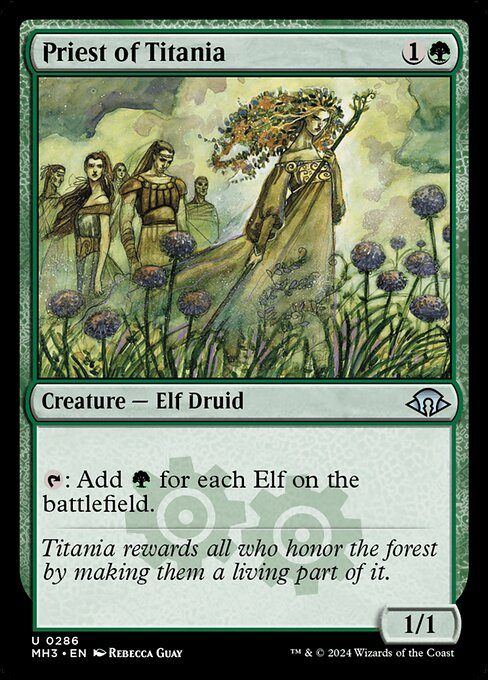
Priest of Titania
-

Ambush Commander
-

Evolution Sage
-
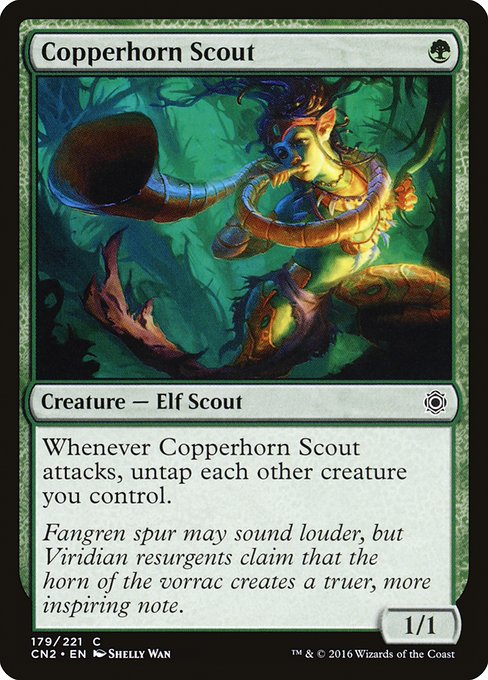
Copperhorn Scout
-
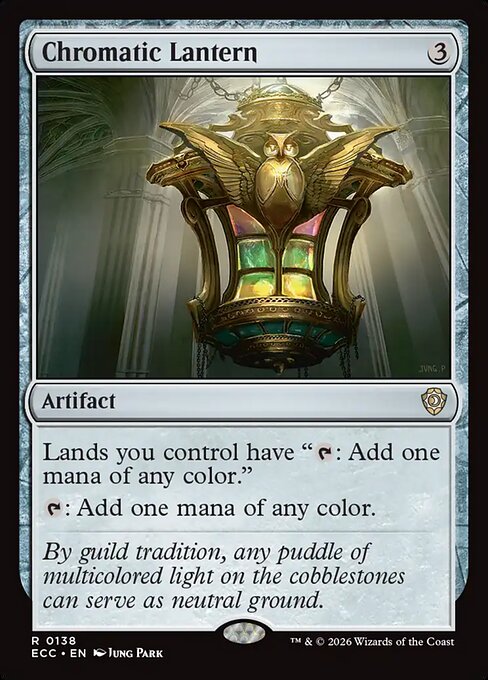
Chromatic Lantern
-

Progenitus
Gameplay Summary
The game featured four players piloting distinct archetypes: a Progenitus ramp deck aiming for a big commander swing, an elfball deck focused on explosive mana and creature generation, an Azlask token swarm deck, and a Rikarumel slivers and merfolk deck aiming to disrupt opponents.
Early turns saw the ramp and elfball decks accelerating mana quickly, with the elfball player leveraging Priests of Titania and Ambush Commander to generate massive green mana and create an overwhelming board state of elves.
This led to rapid leveling of key creatures and multiple untap triggers, allowing for significant combat phases with untapping creatures and multiple attacks.
Meanwhile, the Progenitus player focused on ramp and setting up the commander for a high-impact swing, but was pressured heavily by the elfball's sheer board presence and mana production.
The Azlask deck attempted to build tokens and control the board, while the slivers deck aimed to disrupt opponents but struggled to keep pace with the explosive elfball tempo.
A key turning point was the elfball deck's ability to tap, untap, and replay creatures multiple times per turn, overwhelming opponents quickly and leading to a fast victory.
The game ended abruptly with opponents scooping due to the elfball deck's unstoppable mana and combat engine.




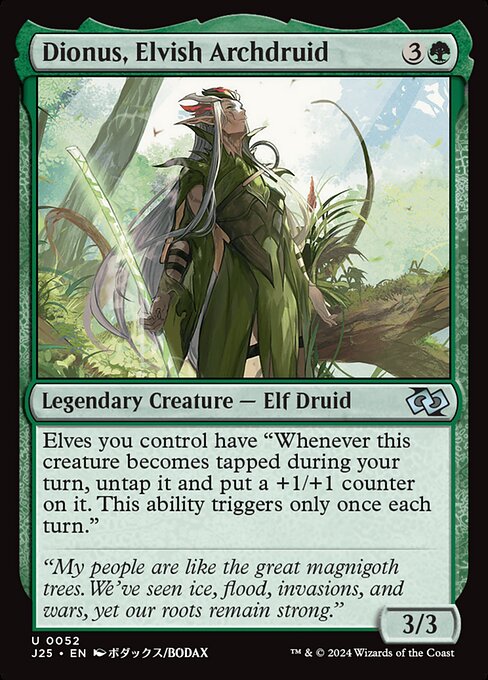
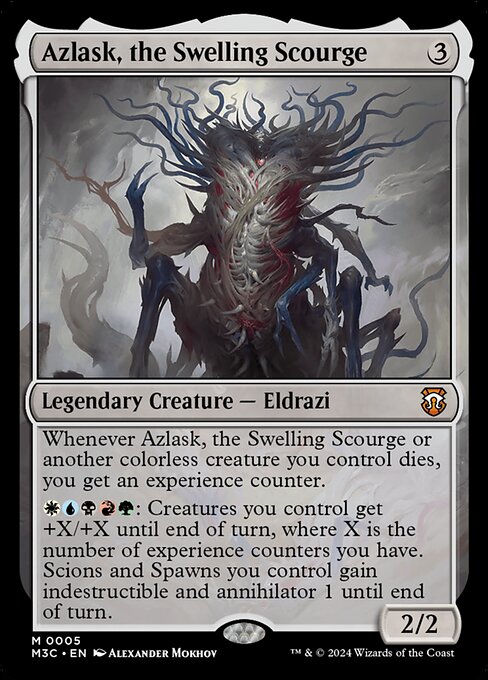














![Commander Vs S2E1: Horde vs Cromat vs Atogatog vs Progenitus [MTG: Multiplayer] thumbnail](https://i.ytimg.com/vi/zeQvGYqjMGI/sddefault.jpg)


















![Master Commander, ft Commodore Guff, Anikthea, Rukarumel, and Zhulodok [EDH/Commander Gameplay 2023] thumbnail](https://i.ytimg.com/vi/AtcbBwFifZk/sddefault.jpg)







